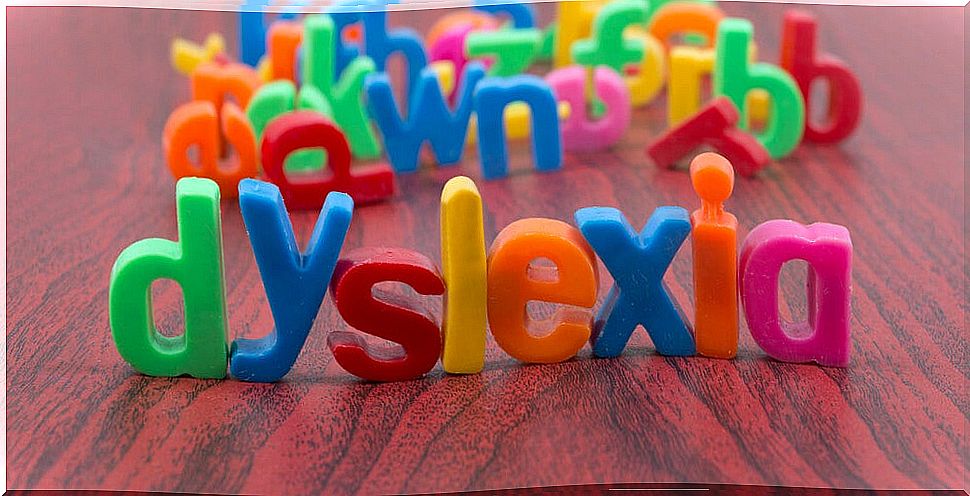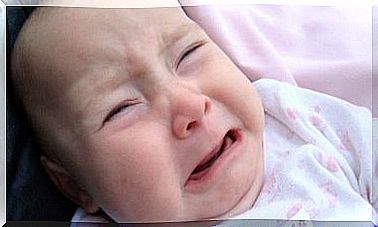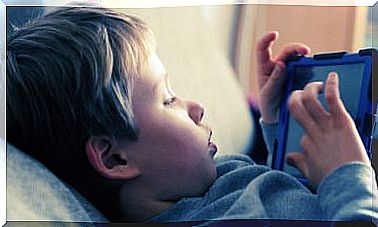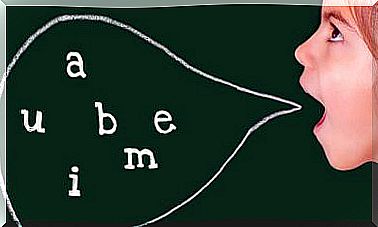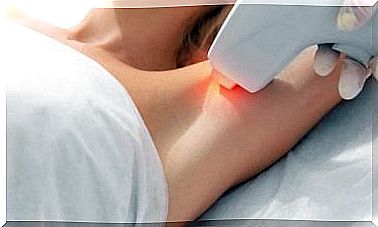Childhood Dyslexia: Symptoms, Causes And Treatment
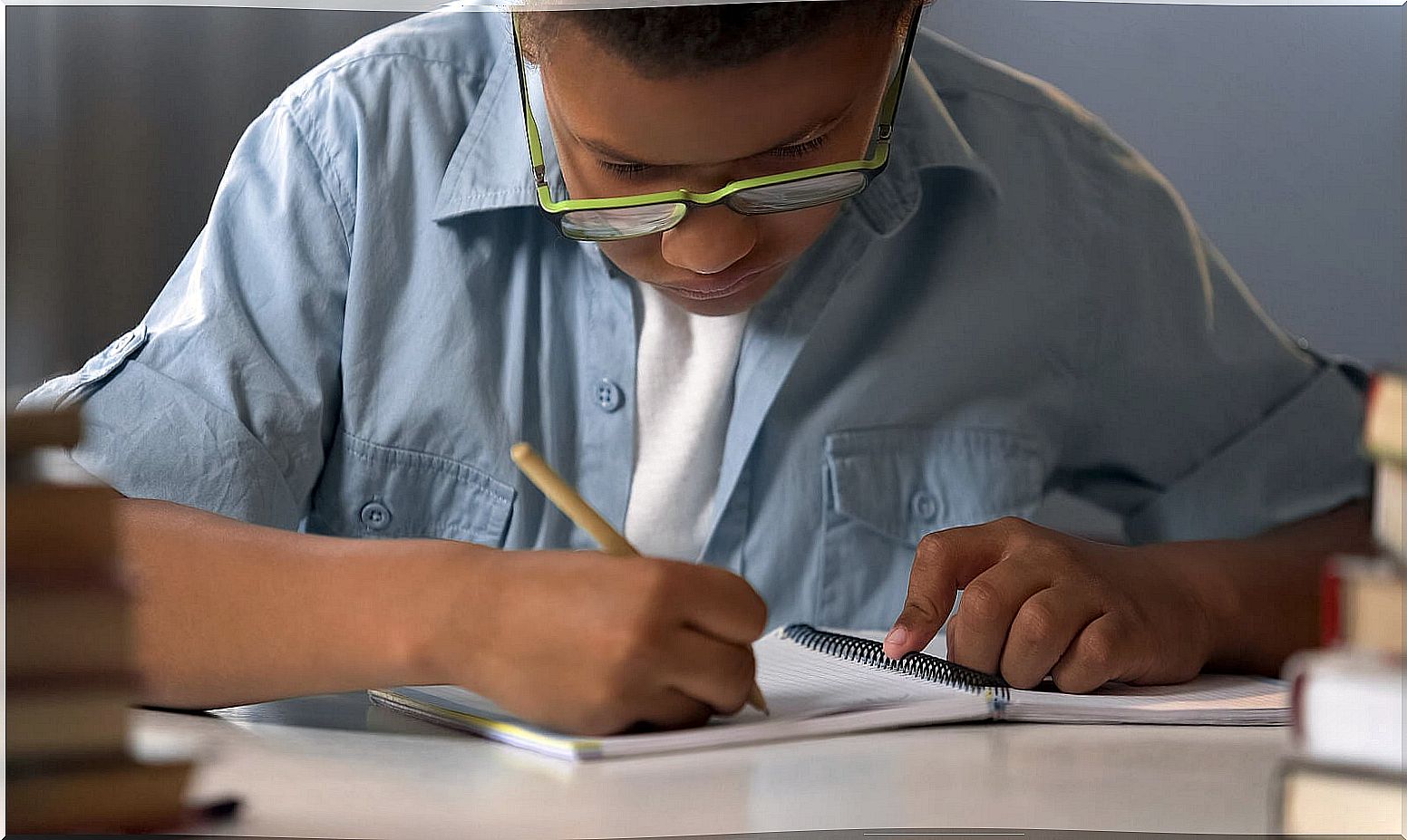
There are children with learning disabilities who find it difficult to follow the class normally. Because of this, most are underperforming, which also affects their self-esteem. There are different types of disorders of this nature, but we are going to focus on childhood dyslexia.
Dyslexia can appear at different times in a person’s growth, from childhood, through school, and into adulthood. In the case of children, they have difficulties learning to read and write, even though they are intelligent and want to learn.
Although this disorder has no cure, it can be detected early and, with a special program at school, children can achieve satisfactory school performance.
What is childhood dyslexia?
Childhood dyslexia is framed within learning disorders; 5% of children between 7 and 9 years old suffer from it. This disorder consists of a difficulty when it comes to reading and writing, which affects the child’s learning. It can be reflected in different ways, but reversals often occur when reading certain words, numbers, or letters.
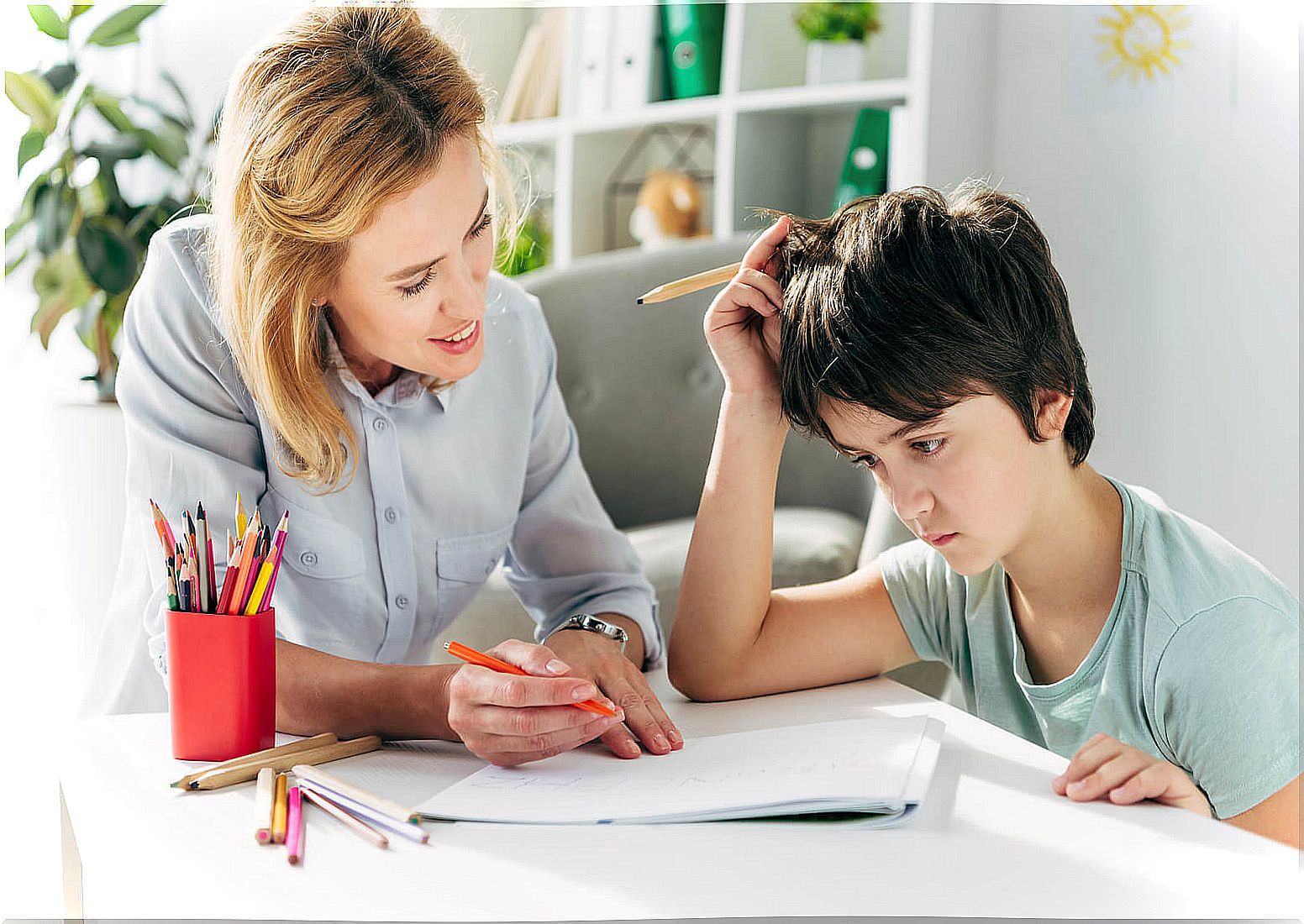
It is caused by problems in identifying sounds when speaking and understanding how these sounds are related to letters and words (decoding). This disorder, also called “reading difficulty,” affects the areas of the brain that are responsible for language.
Young children with this disorder have normal intelligence and vision, so they can be successful in school with the help of a specialized school program and a tutor. Emotional support also plays a key role. Although childhood dyslexia has no cure, an early evaluation is crucial to be able to intervene as soon as possible to have better results.
Symptoms of childhood dyslexia
Dyslexia can manifest itself in a very varied way and the intensity of this will depend on the age of the child. Some functions that can be affected are motor skills, vocabulary, memory, perception and speech.
Symptoms can be more difficult to detect in preschool children and become easier to detect in school years and beyond. So, we are going to see some of the symptoms that occur more frequently.
Symptoms in preschool children
- Difficulty forming words properly.
- Difficulty learning new words.
- Inversion of sounds of words.
- Investment in letters that are spelled similarly.
- Confusion between words that look alike when spoken.
- Problems saying the name or remembering letters, numbers, and colors.
- Difficulty learning nursery rhymes, poetry, or rhymes.
Symptoms in school-age children
- Reading level lower than expected for his age.
- Difficulties in the pronunciation of unknown words.
- Spelling trouble.
- They need more time to do activities that require reading or writing.
- They avoid activities that are related to reading.
- Difficulties to grasp the similarities and differences between words and letters, sometimes, even to hear them.
- Difficulties processing and understanding what they hear.
- Trouble remembering a sequence of things.
Symptoms in adolescents and adults
- Problems with the spelling of words.
- Difficulty reading mentally or aloud.
- They mispronounce words or names.
- Difficulty remembering words.
- Understanding problems.
- Difficulty learning languages.
- Difficulties in summarizing texts or stories.
- Very slow reading and writing.
- Difficulty solving math problems.
- They have a hard time memorizing.
- They avoid tasks that are related to reading.

Faced with any of these symptoms, it is best to go to a professional who will make a thorough evaluation and advise on which treatment is the most appropriate for each case.
Causes of childhood dyslexia
One of the factors that can cause this disorder is hereditary. It has been seen that there are genes that determine the way in which the brain processes language and reading. For this reason, the existence of a family member with dyslexia may be one of the reasons why this disorder arises.
Another cause of childhood dyslexia is premature birth or the conditions surrounding birth. Also exposure during pregnancy to certain substances such as:
- Tobacco (nicotine).
- Alcohol.
- Drugs
- Serious infections of the mother during pregnancy (brain involvement in the fetus).
Other possible causes of dyslexia are
- Brain injury.
- Visual perception problems.
- Bad connection between the cerebral hemispheres.
- Emotional problems.
- Low phonological awareness.
Treatment of childhood dyslexia
With regard to the treatment of this disorder, the first thing to take into account is to detect it early, since reading and writing is essential in people’s development.
Treatment depends on the age at which the diagnosis occurs and this consists, above all, of intervention in language, phonology and reading in a personalized way.
It is also necessary to take into account, when handling this problem, other difficulties derived from it, such as motor difficulties, self-esteem, attention problems, etc. In this sense, it is recommended that parents follow these tips to manage this problem:
- Be in contact with the school to work together.
- Read stories aloud to the child.
- Promote frequent reading, but be an example too. Read while they do it too.
- Seek professional help to treat this disorder early.
In short, it can be said that childhood dyslexia is a disorder that must be addressed early so that it does not become a problem in other areas in the lives of the little ones. If help is requested in time, the effects and difficulties it represents can be controlled.
So, as a father or mother, try to put into practice the advice we have given in this article and, above all, ask for professional help to guide you and the problem is dealt with as soon as possible.
